
Angling Trust
Citizen Science month: casting a line for conservation
April should herald the return of warmer days. While you can’t rely on the weather, you can count on Citizen Science Month—an annual global celebration of collaborative public participation in scientific research.
For those passionate about our aquatic environments, the Angling Trust invites you to dive into the currents of citizen science, contributing to a wave of change and awareness through our dedicated programmes.
Why Citizen Science?
Citizen science allows anyone, from seasoned anglers to casual nature enthusiasts, to actively engage in research that can lead to real-world impacts on conservation and policy. By contributing to data collection and analysis, citizen scientists help expand the knowledge base on critical issues like biodiversity, pollution, and sustainable practices.
Angling Trust’s Citizen Science Programmes
Anglers Against Pollution Water Quality Monitoring Network
Initiated as a response to the alarming levels of pollution affecting our waterways, the Anglers Against Pollution Water Quality Monitoring Network is a cornerstone of our citizen science efforts. By equipping anglers with the tools and training necessary to monitor water quality, we can provide crucial data that informs both the public and policymakers about the health of our rivers and lakes. This data not only helps in advocating for stronger environmental protections but also in tracking pollution sources and effects over time.
Pollack F.I.S.P. (Fisheries Industry Science Partnership)
Led by the University of Plymouth, this project comprises the Professional Boatman’s Association, University of York, the Angling Trust, and the Marine Biological Association, and is supported by DEFRA (Department for Environment, Food & Rural Affairs). Pollack F.I.S.P. focuses on the pollack populations off the southwest coast of the UK. This project is pivotal in understanding pollack movement ecology, site fidelity, and fisheries data that helps decode stock dynamics.
Unique to this project is the collaboration with recreational charter skippers, who are essential for gathering comprehensive fisheries data. These skippers collect detailed biological information on pollack, including length, maturity, and diet, helping to elucidate the age and growth patterns necessary for informed management decisions. As of now, over 9,300 pollack have been documented through this effort, providing invaluable insights into their population structure and pressures.
FinVision
Another initiative, FinVision, led by the University of Plymouth, aims to address knowledge gaps about essential fish habitats for species like bass and grey mullet. Using an innovative underwater camera technology, the Juvenile Habitat Monitoring Camera (JHaM-Cam), the project captures vital data on young fish populations in their nursery habitats around Plymouth Sound Marine National Park and surrounding areas.
FinVision not only advances scientific knowledge but also actively involves recreational anglers in data analysis through an interactive web portal and training sessions with the Institute of Fisheries Management. This involvement empowers anglers with the skills and knowledge to further contribute to fishery research.
FinVision is a Fisheries Industry Science Partnership led by the University of Plymouth in partnership with the Bass Anglers Sportfishing Society, the National Mullet Club, Southern IFCA, the Association of IFCAs, the Institute of Fisheries Management and the Angling Trust. It is funded by the Department for Environment, Food and Rural Affairs (Defra).
Angling for Sustainability
Ever wondered how far black bream migrate? Or where smooth hound spend their days? Angling for Sustainability aims to find out by studying the life patterns of black bream and several elasmobranch species in UK waters through acoustic telemetry. Working in collaborative with recreational anglers and skippers to catch the fish and deploy tags – and identifying and reporting tagged fish too! – the project hopes to unlock secrets of these elusive fish around the Solent and off the Dorset coast
Angling for Sustainability is a collaborative partnership led by the University of Plymouth with the Angling Trust, Southern IFCA, the Professional Boatman’s Association and Natural England funded by Defra’s Fisheries Industry Science Partnership.
Pat Smith Database (PSD)
The Pat Smith Database stands as a monumental archive with over 105,000 records of shark catches dating back to 1953. Led by experts Dr. Simon Thomas and John McMaster, this database is crucial for tracking historical and current trends in shark populations. The Pat Smith Database’s mission is to enhance shark conservation through angler-collected data, promoting sustainable practices and stronger partnerships between anglers and scientists. Anglers who contribute to this database are seen not just as participants but as custodians of marine conservation. Without the anglers and skippers, coined the ‘experts by experience’, the Pat Smith Database would not be possible.
The Angling Trust support the Pat Smith Database via Shark Hub UK.
Catchwise
Catchwise is the biggest survey of sea angling across England and Wales, in over a decade. This extensive survey captures essential data from both shore-based and boat-based sea anglers, including those on private crafts and charter boats. The project aims to gather detailed insights into the demographics of anglers, frequency, and types of angling activities, catch details, and the economic and social benefits linked to sea angling.
By covering all facets of the angling experience, Catchwise will provide a holistic view of the contributions and impacts of sea angling to in local communities. Funded by Defra and collaboratively executed by Substance, Cefas, and the Angling Trust, Catchwise is set to influence future fisheries policy and management by highlighting the vital role of recreational fishing across the English and Welsh coastline.
Engage with Citizen Science
These projects are just a few examples of how the Angling Trust’s citizen science programmes are contributing to marine conservation, sustainable fisheries management, and action to improve water quality in our rivers. This Citizen Science Month, we encourage all anglers and enthusiasts to get involved. By participating, you can help ensure the health of fish populations and the sustainability of our beloved aquatic ecosystems for future generations.
How to Get Involved
Getting involved in the Angling Trust’s citizen science initiatives is straightforward and rewarding. Whether it’s through water quality testing, recording your catches, or participating in surveys, your contributions are invaluable. To join, visit the Angling Trust website, where you can find more information on each programme and sign up to start making a difference today.
The Impact of Your Participation
By joining forces with fellow citizen scientists, you can play a direct role in enhancing the biodiversity and sustainability of our beloved waterways. Your involvement not only aids scientific research but also strengthens the community’s voice in advocating for clean, healthy, and vibrant aquatic environments.
Cast your line with purpose — find out more about the Angling Trust’s marine work and join us in our mission to protect and restore the waters that bring us so much joy. Together, we can ensure a thriving future for the next generation of anglers and conservationists.
You might also like
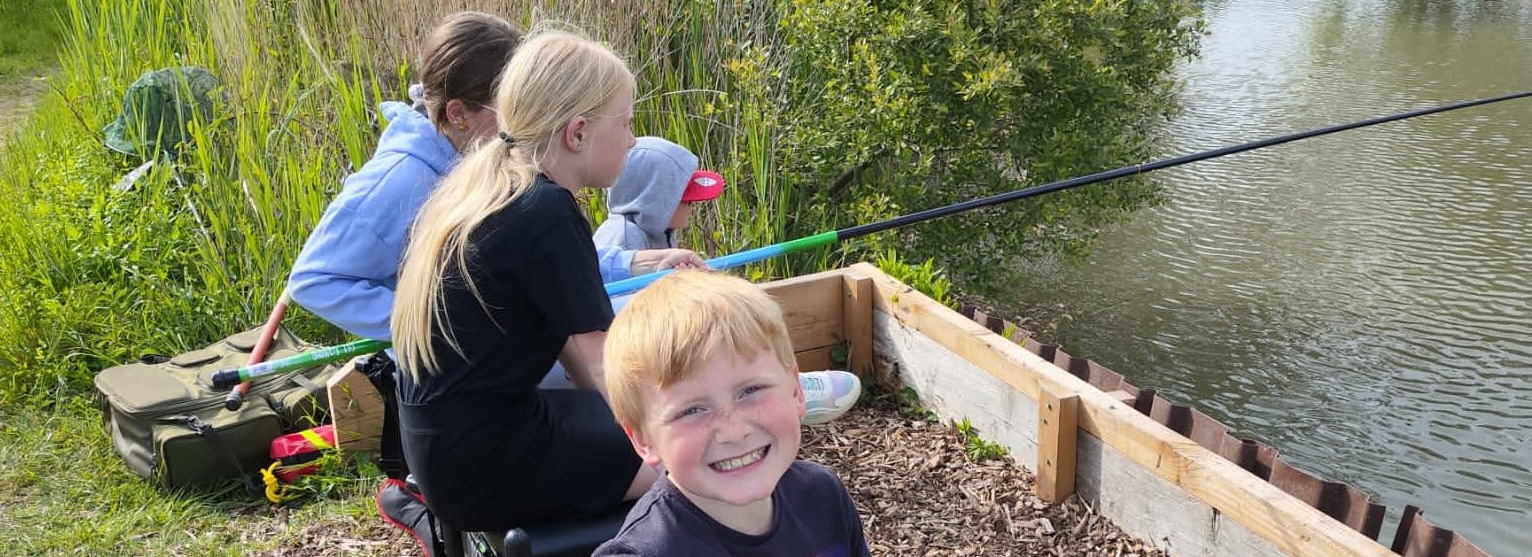
Reel Education is continuing to grow from strength to…
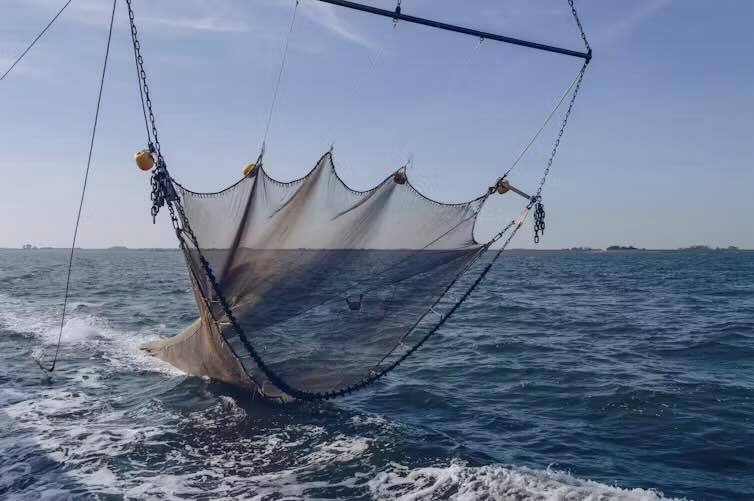
Government Announces Proposed Ban on Bottom Trawling in 41…

Angling Trust Presses Water Commission to Go Faster and…

VIDEO: Alice and her 3 boys have a day…
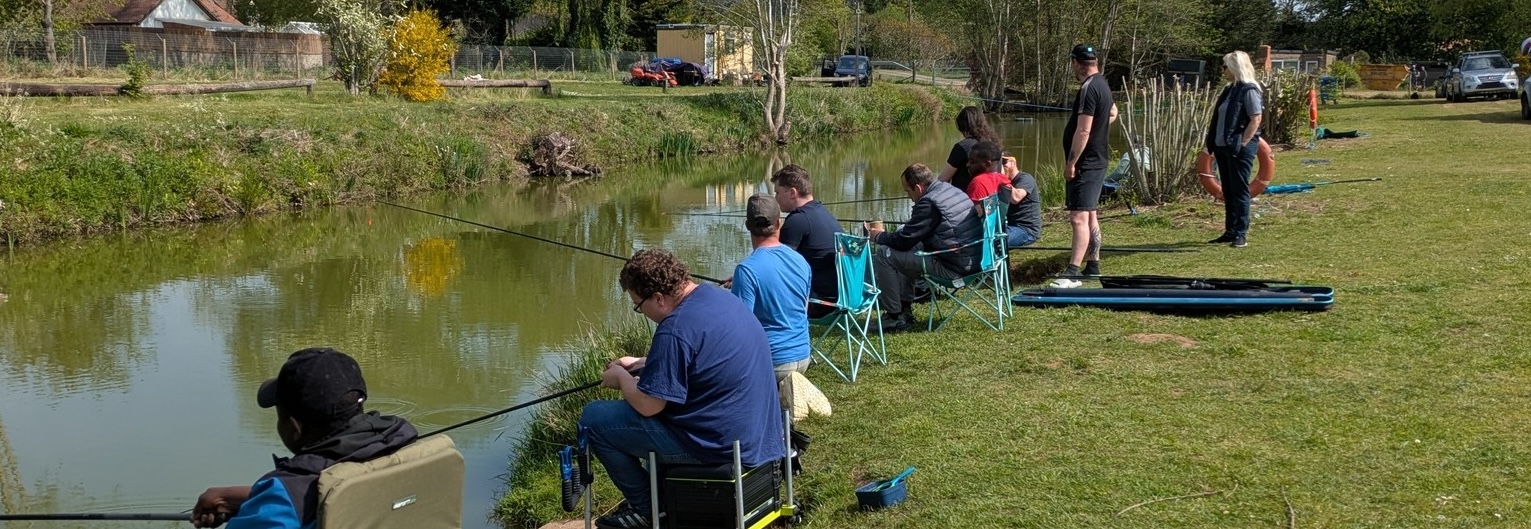
Recovery Rods help boost mental health and wellbeing by…

Teddy is hooked! – back for more fishing and…

Thank you to all our volunteers – you do…

Get Fishing Fund – Funded Project: HACRO were visited…
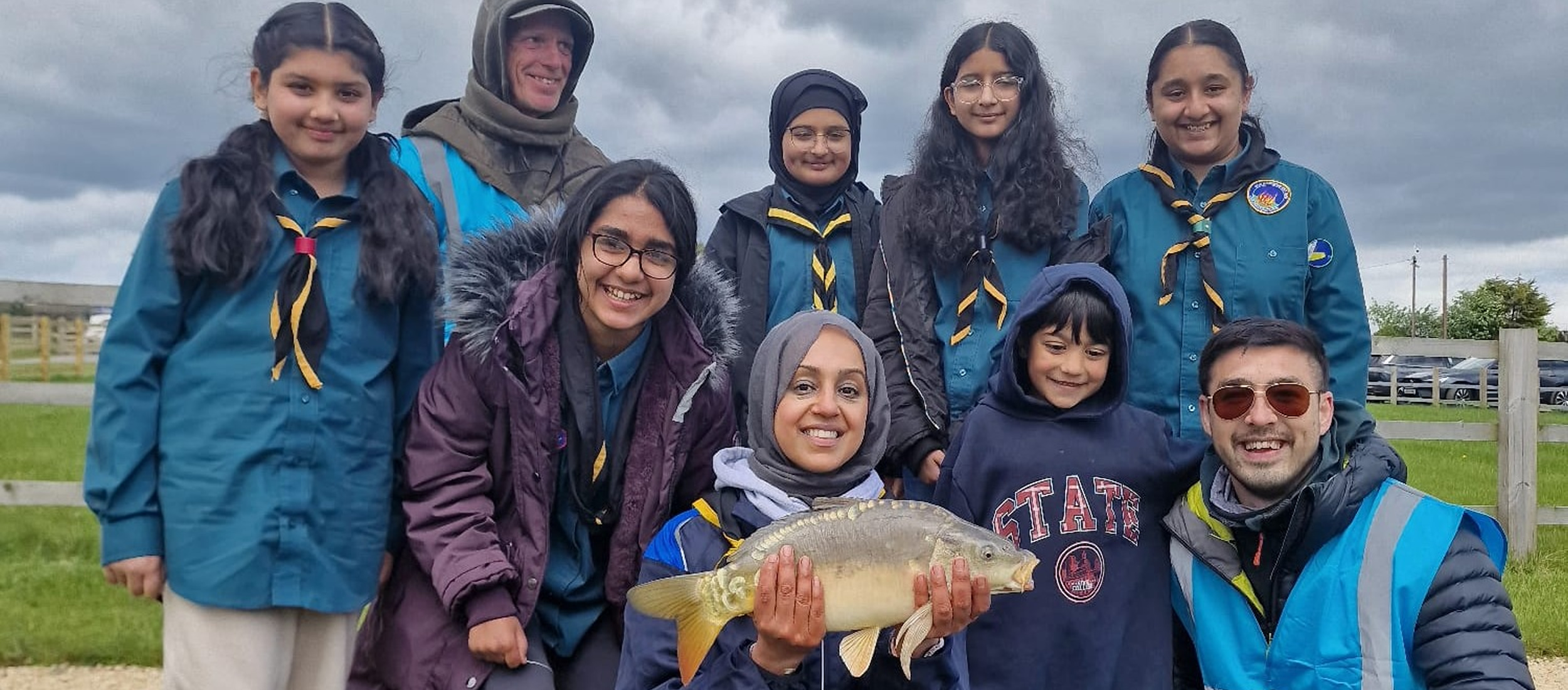
New Horizons had an amazing day taking part in…
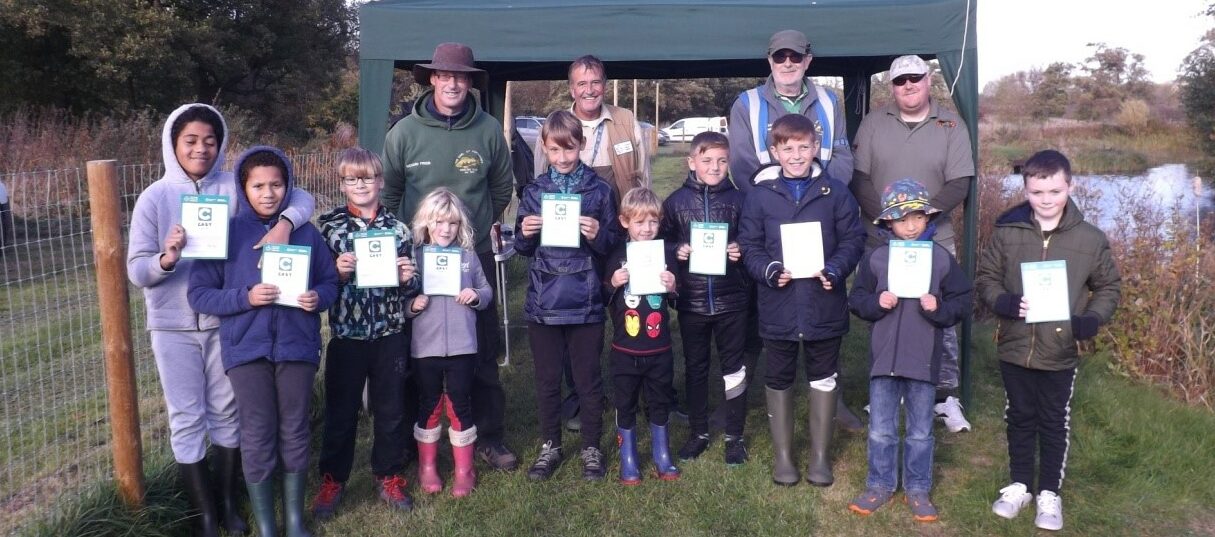
Get Fishing Fund – Funded Project Blog: Steve Clamp…
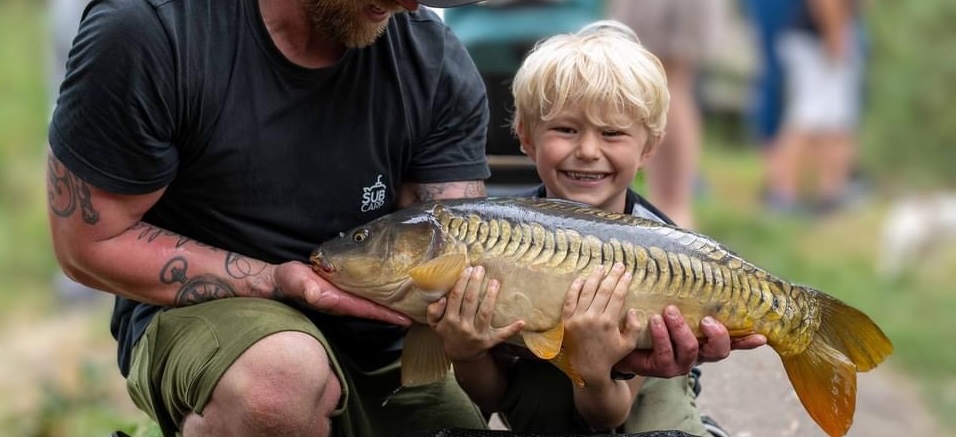
Somersham Angling Club hosted some fabulous Get Fishing events…
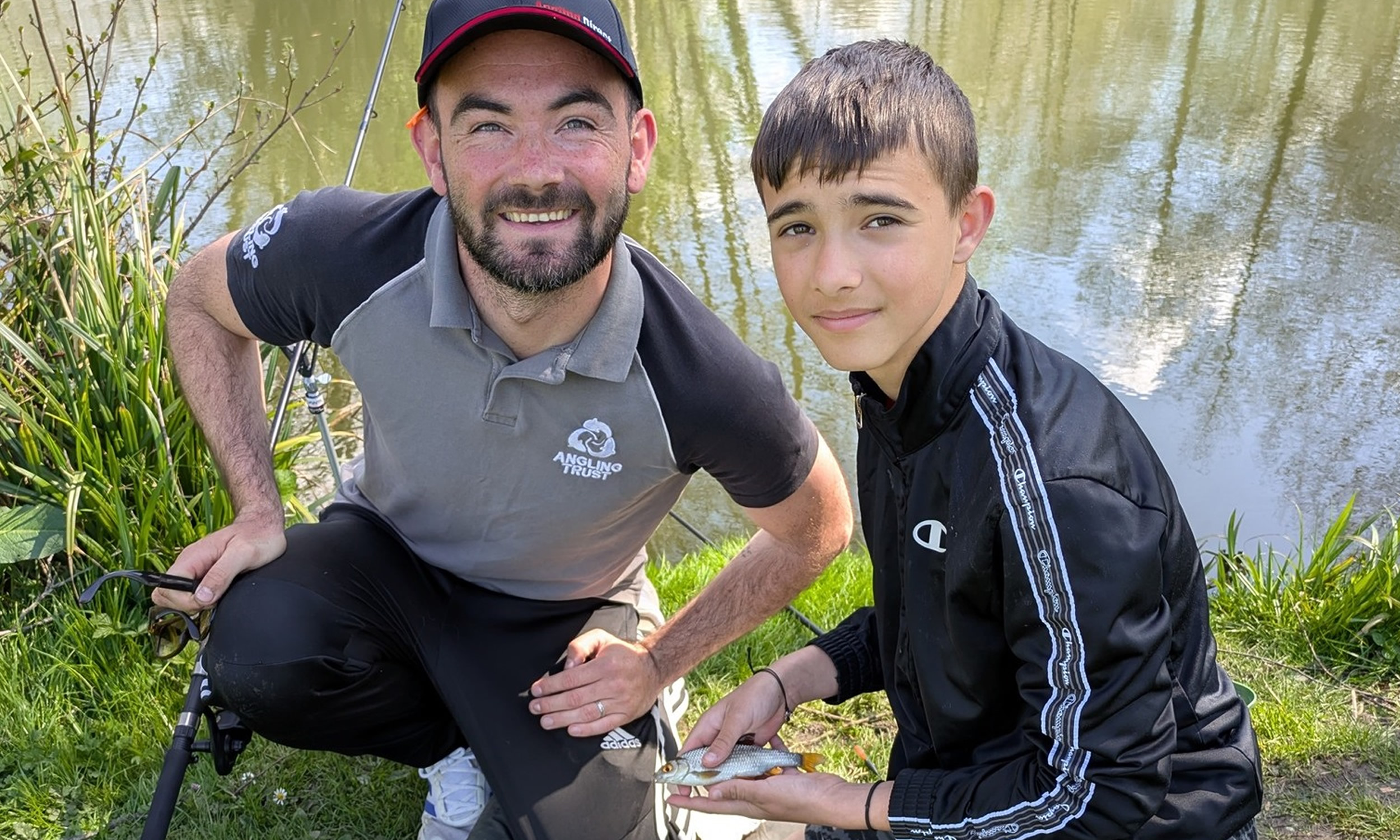
BLOG: Jack’s Back! What’s been happening in my East…

Reel Education is continuing to grow from strength to…

Government Announces Proposed Ban on Bottom Trawling in 41…

Angling Trust Presses Water Commission to Go Faster and…

VIDEO: Alice and her 3 boys have a day…

Recovery Rods help boost mental health and wellbeing by…

Teddy is hooked! – back for more fishing and…

Thank you to all our volunteers – you do…

Get Fishing Fund – Funded Project: HACRO were visited…

New Horizons had an amazing day taking part in…

Get Fishing Fund – Funded Project Blog: Steve Clamp…

Somersham Angling Club hosted some fabulous Get Fishing events…

BLOG: Jack’s Back! What’s been happening in my East…

Reel Education is continuing to grow from strength to…

Government Announces Proposed Ban on Bottom Trawling in 41…

Angling Trust Presses Water Commission to Go Faster and…

VIDEO: Alice and her 3 boys have a day…

Recovery Rods help boost mental health and wellbeing by…

Teddy is hooked! – back for more fishing and…

Thank you to all our volunteers – you do…

Get Fishing Fund – Funded Project: HACRO were visited…

New Horizons had an amazing day taking part in…

Get Fishing Fund – Funded Project Blog: Steve Clamp…

Somersham Angling Club hosted some fabulous Get Fishing events…









